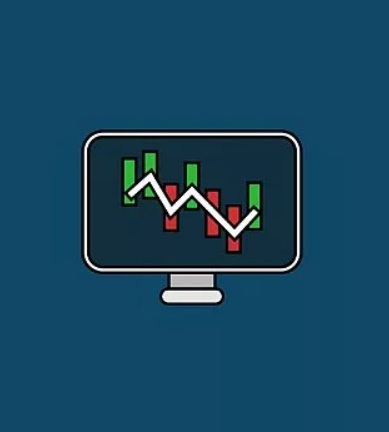Day trading has become increasingly popular among individuals looking to take control of their financial future. With the rise of accessible trading platforms and educational resources, many newcomers are drawn to the prospect of making short-term gains in the financial markets. Whether you’re based in the UK or elsewhere, understanding how day trading works and how to approach it responsibly is key to getting started.
What Is Day Trading?
Day trading refers to the practice of opening and closing trades within the same trading session. It’s all about capturing short-term price movements in financial instruments such as stocks, forex, commodities, or indices. Unlike long-term investing, day trading focuses on immediate market fluctuations, requiring close monitoring of price action, swift decision-making, and emotional control.
Key Strategies for Day Traders
Success in day trading often hinges on applying consistent strategies. Traders typically rely on two core methods:
- Fundamental analysis examines economic indicators, company reports, and breaking news to determine potential market reactions.
- Technical analysis involves studying price charts, trends, and indicators to predict short-term movement. This includes recognizing common patterns, such as breakouts, reversals, and support/resistance levels.
A balanced approach, combining both fundamental and technical insights, can help build a more informed trading strategy.
Is Day Trading Right for You?
Day trading isn’t for everyone. It requires discipline, a calm mindset, and the ability to accept losses without letting emotions interfere. While the potential for profit exists, it also comes with risk. Assessing your goals, financial situation, and tolerance for stress will help you decide if day trading aligns with your personal profile.
Getting Started with Day Trading
The first step is to open a trading account with a reliable broker. You’ll also need trading capital, but you don’t need a massive sum to begin—what matters more is how well you manage it. Before entering live markets, spend time learning about trading principles, tools, and market behaviour. A practice account or demo platform is a great place to start.
Understanding Profit Potential
While day trading can be rewarding, consistent profitability comes with time, education, and experience. Short-term success is possible, but lasting results require a structured plan, strict risk management, and a constant willingness to adapt. Be realistic with expectations—day trading is a skill that takes time to refine.
Learn Before You Trade
Proper education is crucial. A well-rounded understanding of macroeconomic trends, technical indicators, trading psychology, and risk control will give you a strong foundation. Courses, mentorships, and reputable training programmes can significantly accelerate your learning curve and reduce costly mistakes.
Reading the Markets: Patterns and Signals
Market movements often follow recurring themes. Patterns such as triangles, flags, or candlestick formations can offer valuable insights. Traders use tools like moving averages, RSI, MACD, and Fibonacci retracements to interpret these signals. Mastering the recognition and application of such tools is essential for timing entries and exits effectively.
Choosing the Best Time to Trade
The most active market periods typically offer the best opportunities for day traders. These high-volume sessions usually occur when major markets overlap—such as when London and New York are both open. Increased liquidity and volatility during these windows make it easier to enter and exit trades with minimal slippage.
Trading Options: A Word of Caution
Although options trading presents additional opportunities, it comes with a steep learning curve. Options are more complex than spot market trades and involve unique variables such as time decay and implied volatility. Beginners are advised to master basic trading principles before venturing into the options market.
Your First Steps Toward Day Trading
There are multiple ways to learn the ropes. Free content online can offer a starting point, but structured education often provides a clearer, more practical path. Consider investing in a professional course if you’re serious about progressing. The key areas to focus on include market analysis, trade planning, emotional control, and risk limitation.
Final Thoughts
Day trading can be an engaging and potentially rewarding pursuit, but it’s not a shortcut to easy money. For beginners, the road to consistency involves preparation, patience, and a genuine commitment to learning. With the right tools and mindset, day trading can become a valuable part of your financial strategy.













